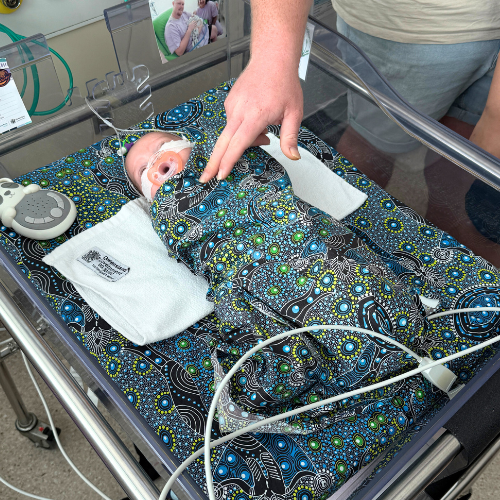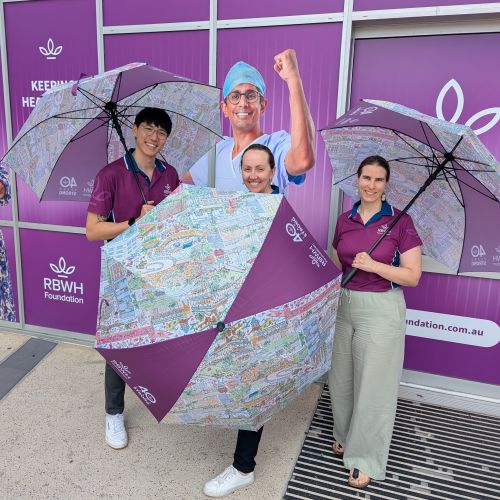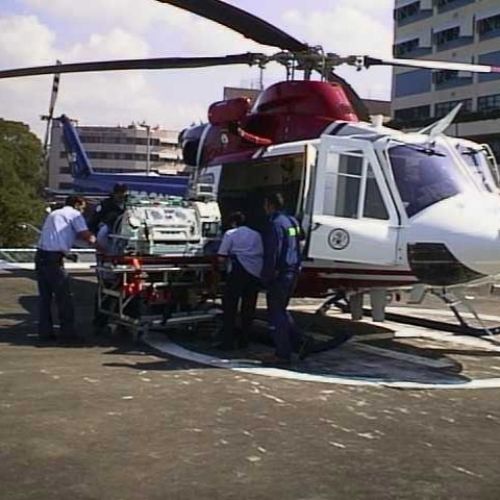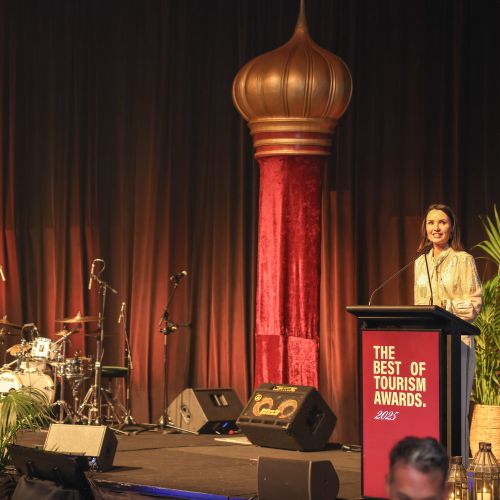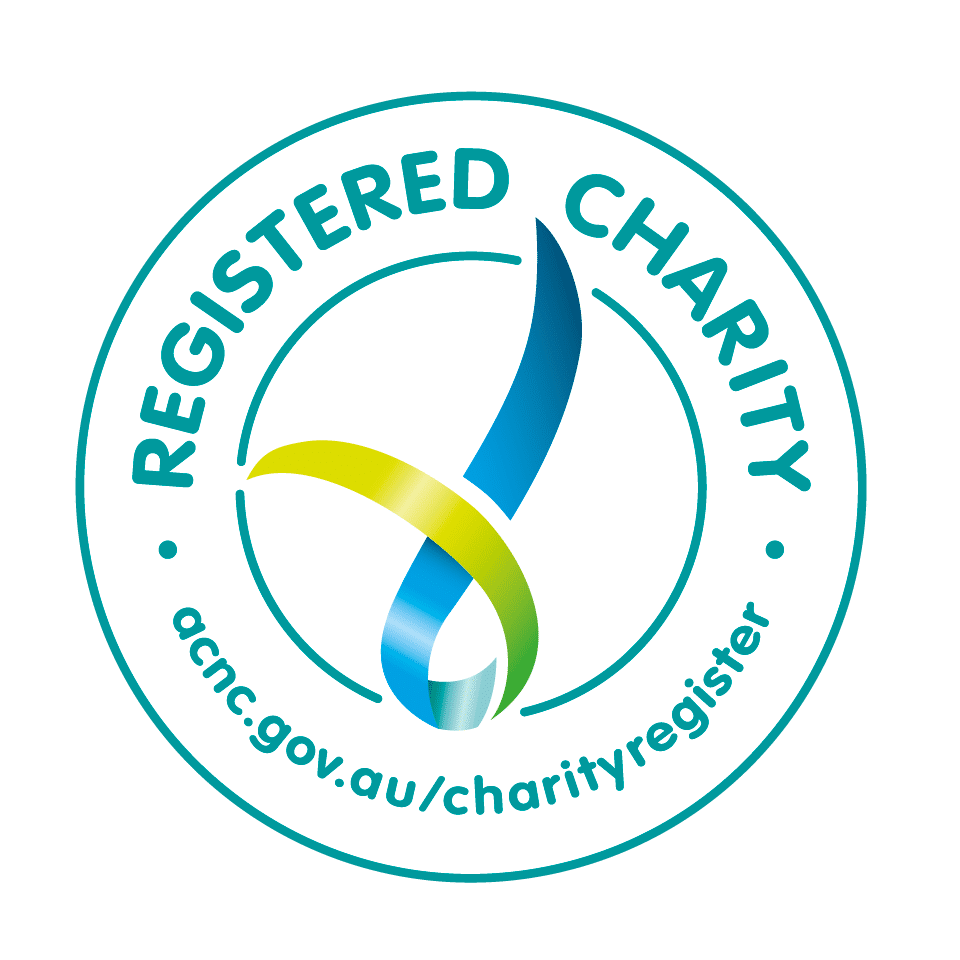Your support saves lives: help fund new treatments, new technologies and new and better ways of delivering care.
Acting Sergeant Ellie Jupp had just finished a shift at Maroochydore Watchhouse when her life changed forever.
“I don’t remember anything about the crash,” Ellie said. “I never, ever want to remember it. My kids nearly lost their mum, my husband nearly lost his wife, and I nearly lost everything.”
- Acting Sergeant Ellie Jupp
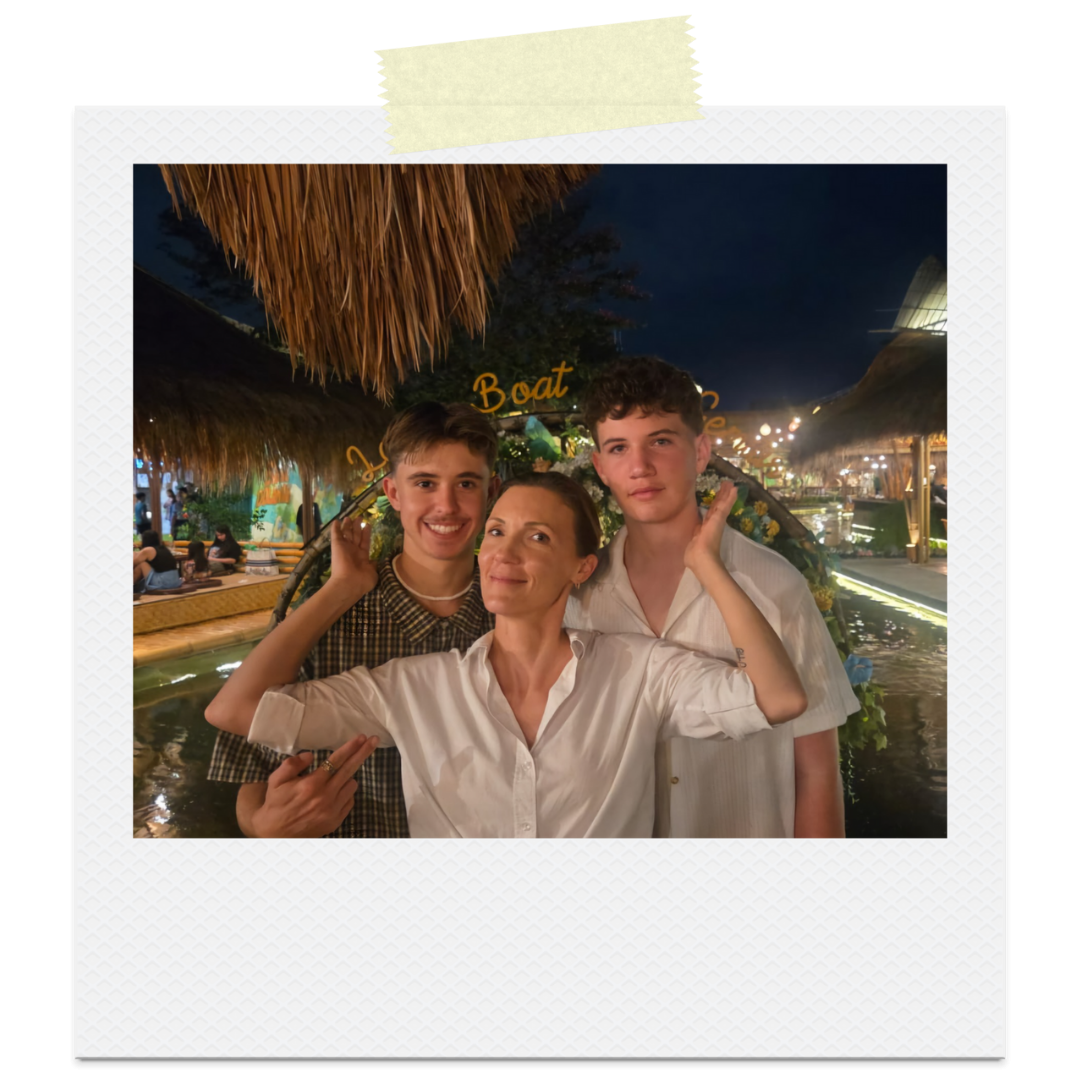
“I don't even remember my first two weeks in RBWH. Apparently, while I couldn’t remember my date of birth, I could remember my police badge number.”
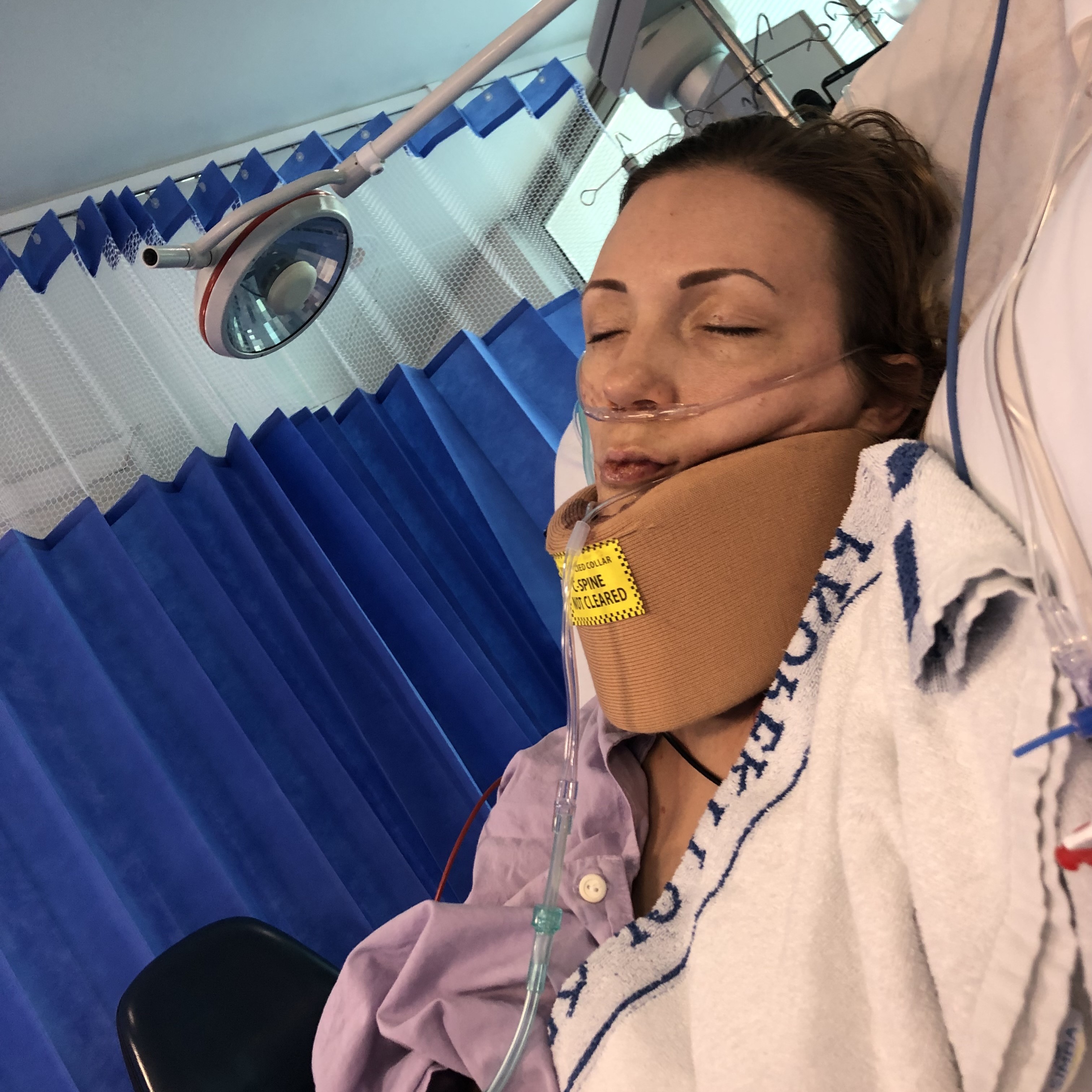
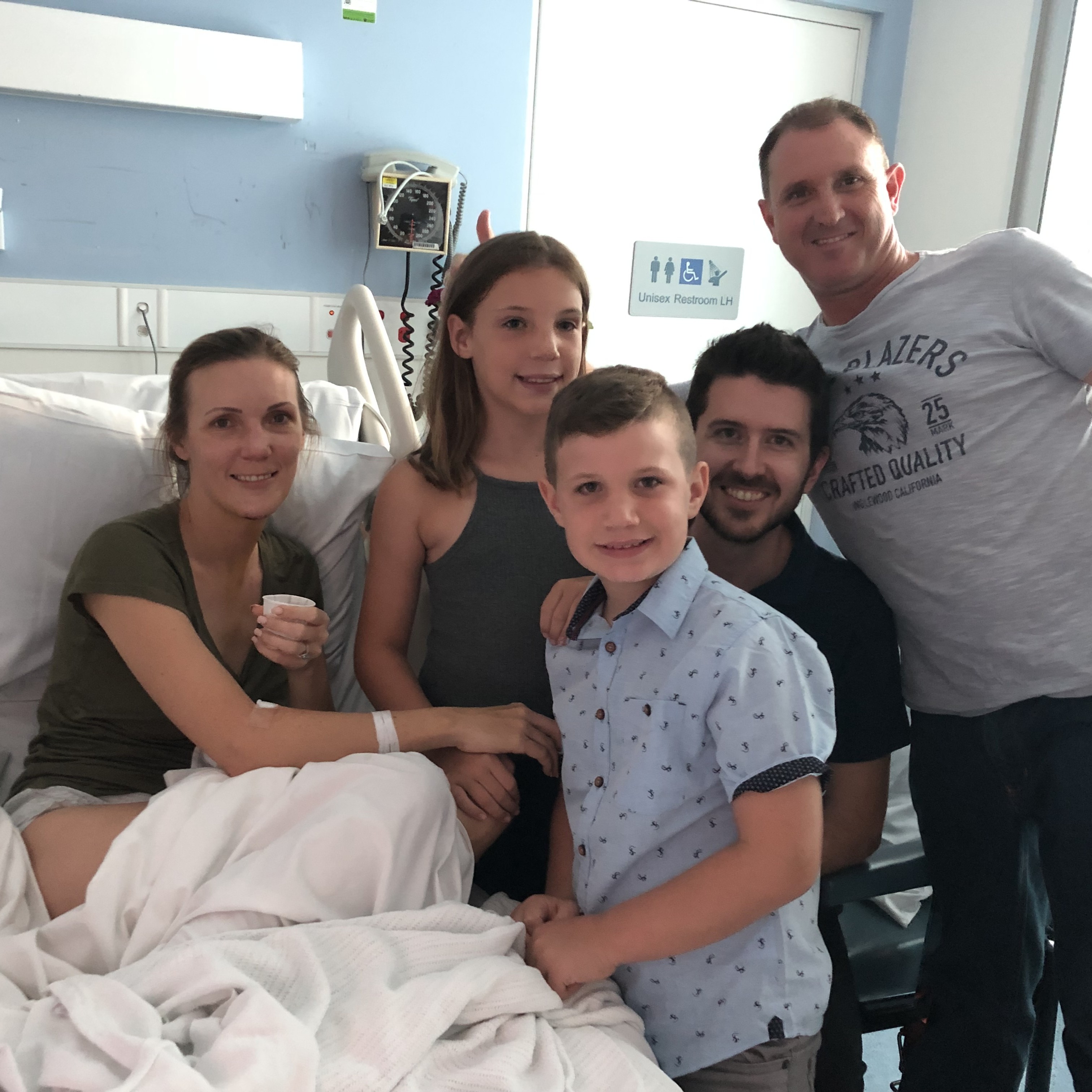
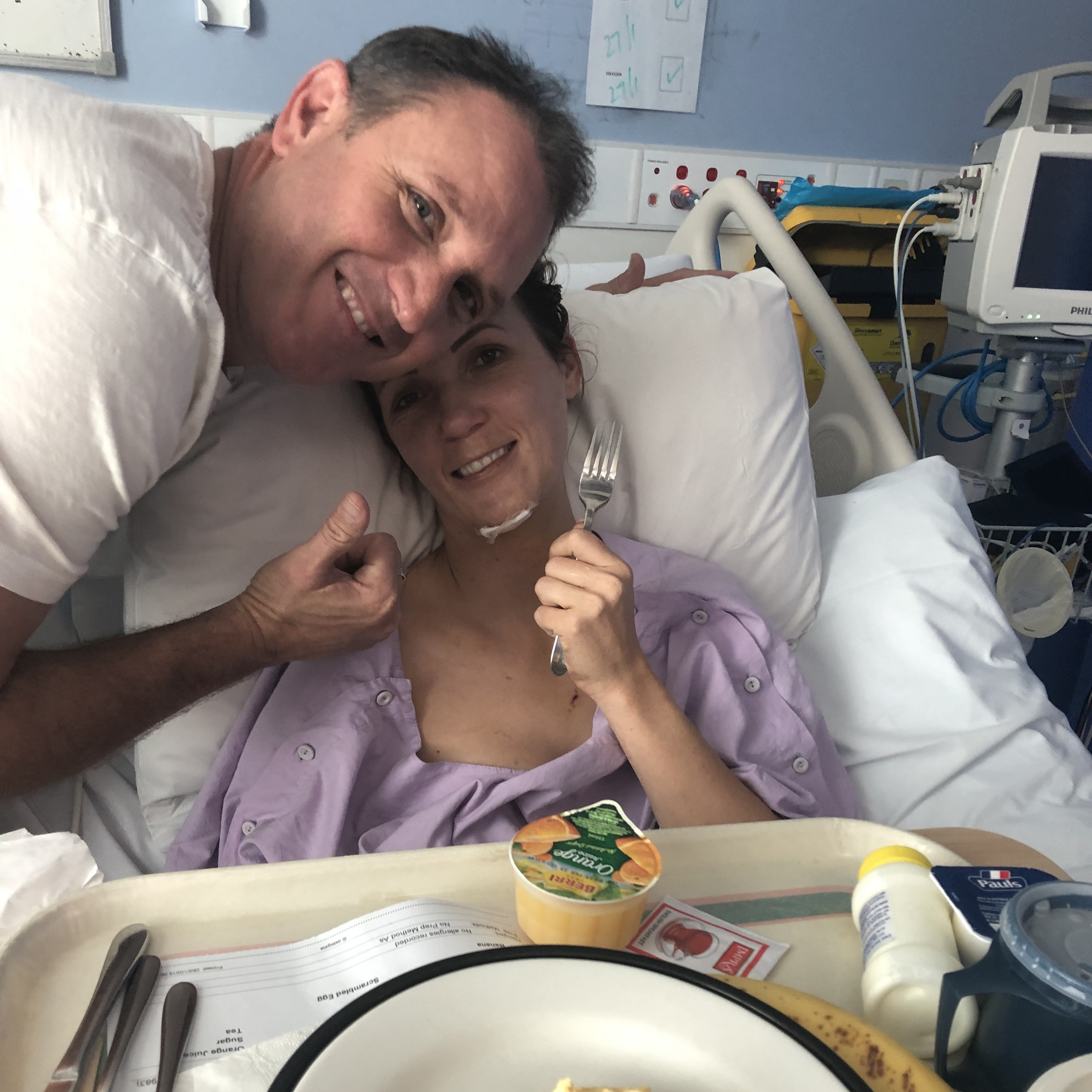
While recovery was long and slow, Ellie didn’t just survive – she made it back to the life, the family and the career she loved.
“To go from a serious brain injury to being able to work again is incredible,” she said. “I’m so lucky. If I hadn’t got treatment the way I did, when I did, my job wouldn’t have been an option for me at all.”
Dr Shane Townsend, Director of Intensive Care Services at RBWH, was one of the clinicians who treated Ellie.
“Ellie arrived with significant injuries - the implications for her future looked really quite serious. I’m pleased she was able to return to the job she loves. That’s a great outcome, but not everyone does.”
Because survival, Dr Townsend says, is only the first step.
See more of Ellie's story on YouTube
“The focus of intensive care is obviously hyper-acute, helping people with life-threatening injuries or illness to physiologically survive, but the longer-term conditions that follow are often just as important and can be very significant.
“People will talk about losing mental sharpness, others have changes to their personality which can then have flow-on effects for their relationships or can experience psychological issues like post-traumatic stress.
- Dr Shane Townsend
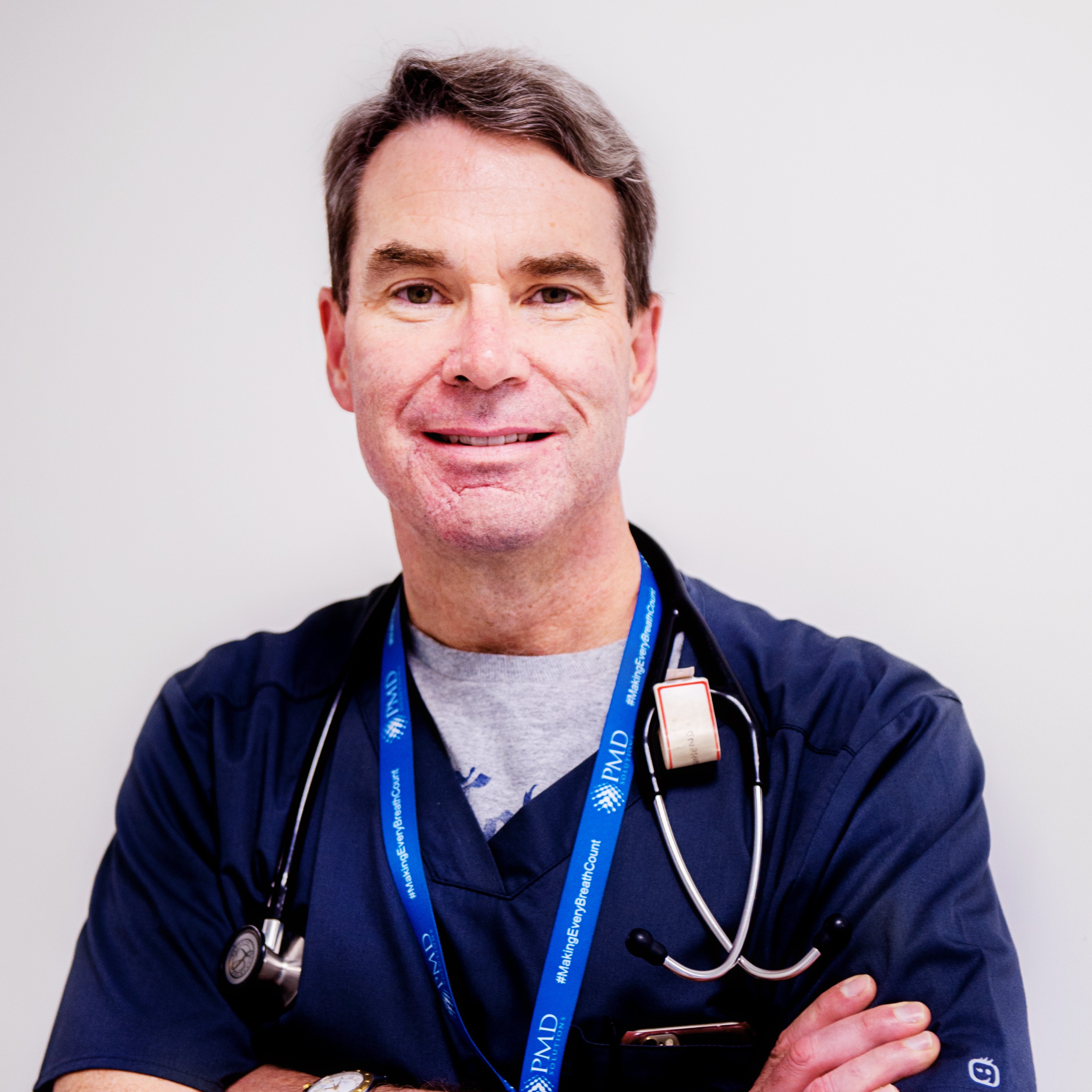
Ensuring that people don’t just survive illness and injury, but have all the support they need to thrive, is just one of the many ways the RBWH Foundation is helping patients like Ellie.
From dedicated support staff and a custom designed family area for the loved ones of ICU patients, to a Post ICU Peer Support Group to help people navigate the next chapter in their lives, the RBWH Foundation supports hospital teams to constantly raise the bar when it comes to compassionate, expert support. But, as Dr Townsend says, there’s still much more to be done.
“The Royal is one of the leading centres in the country and in the world in doing research, particularly in long-term follow-up of patients who’ve had traumatic brain injury."
“We would like to be able to carry that research further to be able to fine-tune our therapies, develop novel therapies and also be able to support people further down the track and so they can get back to their best lives.”
Today, Ellie is back in uniform, back hiking and back parenting - celebrating 20 years of service with the Queensland Police Service and a Christmas she once thought she’d never see.
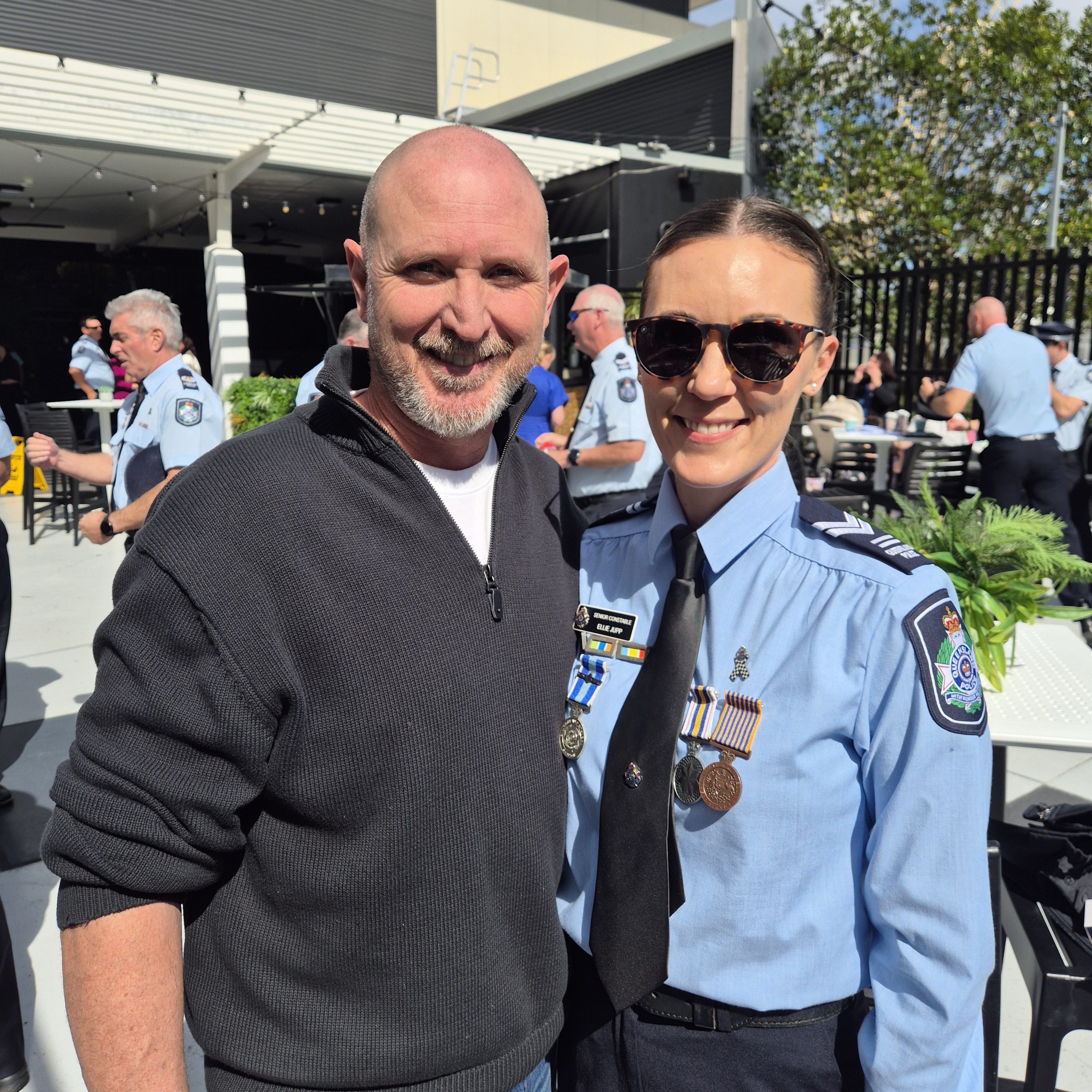
With your support, we can ensure that more patients like Ellie not only make it back home for Christmas but back to the lives they love.



